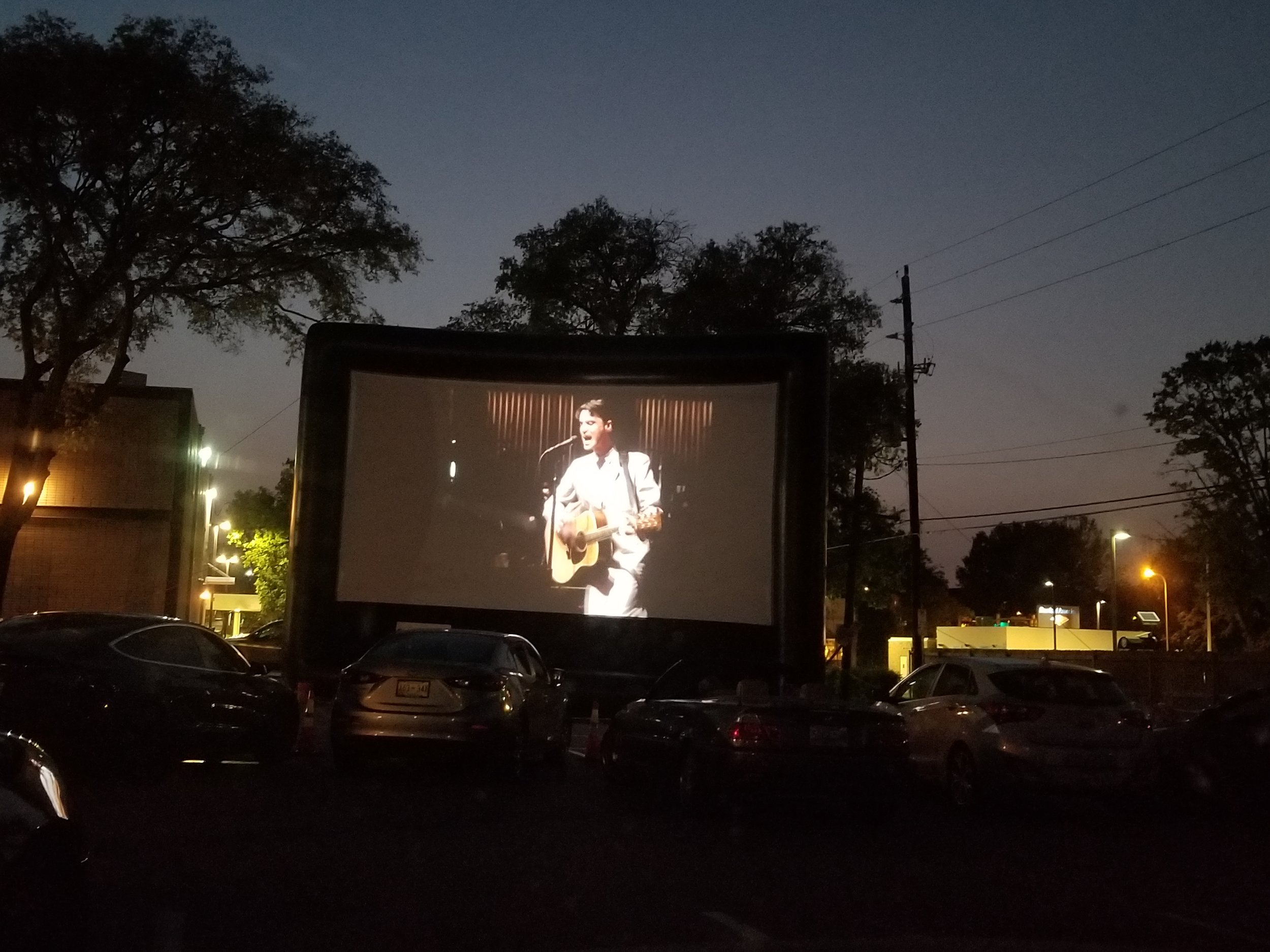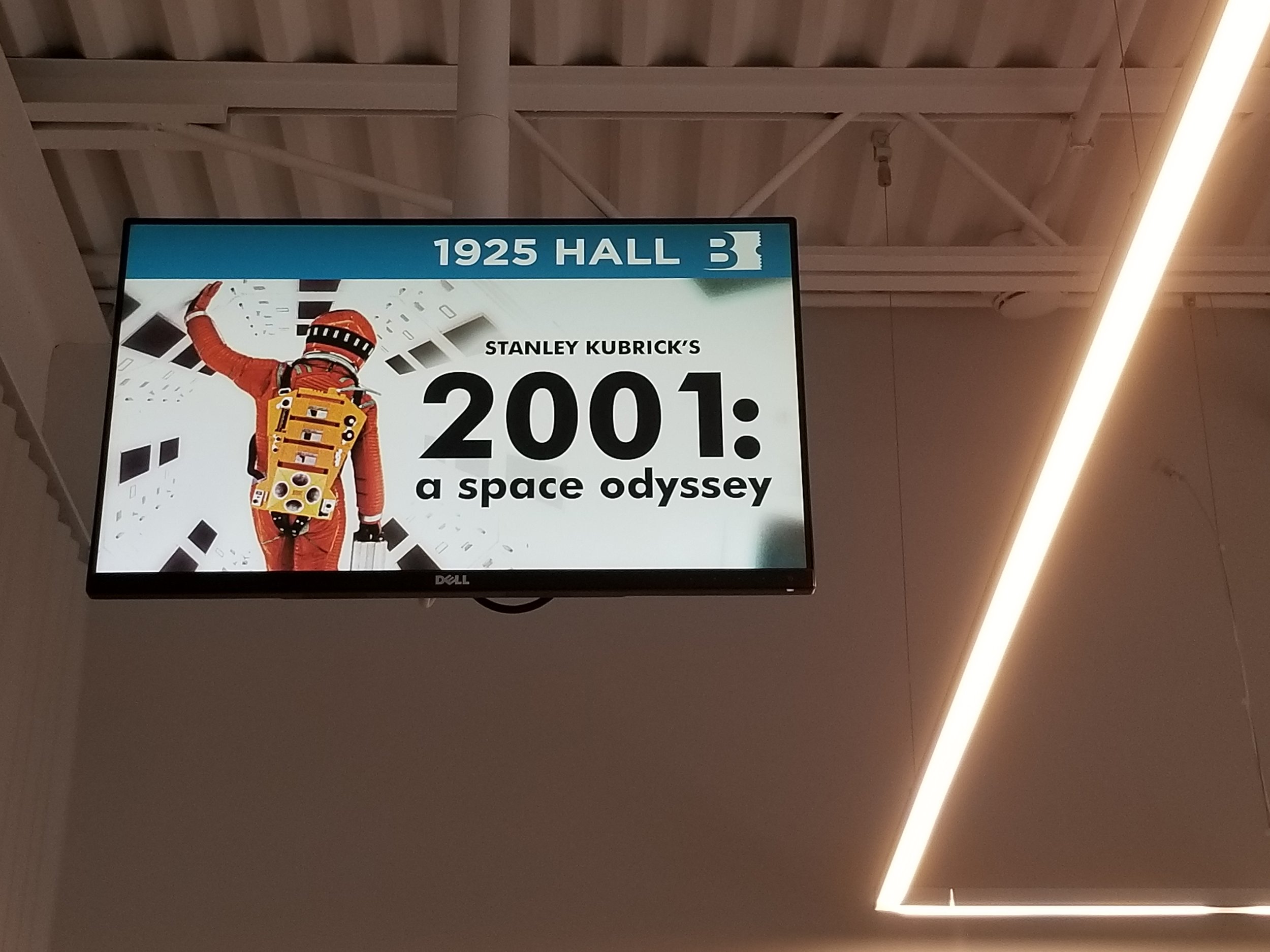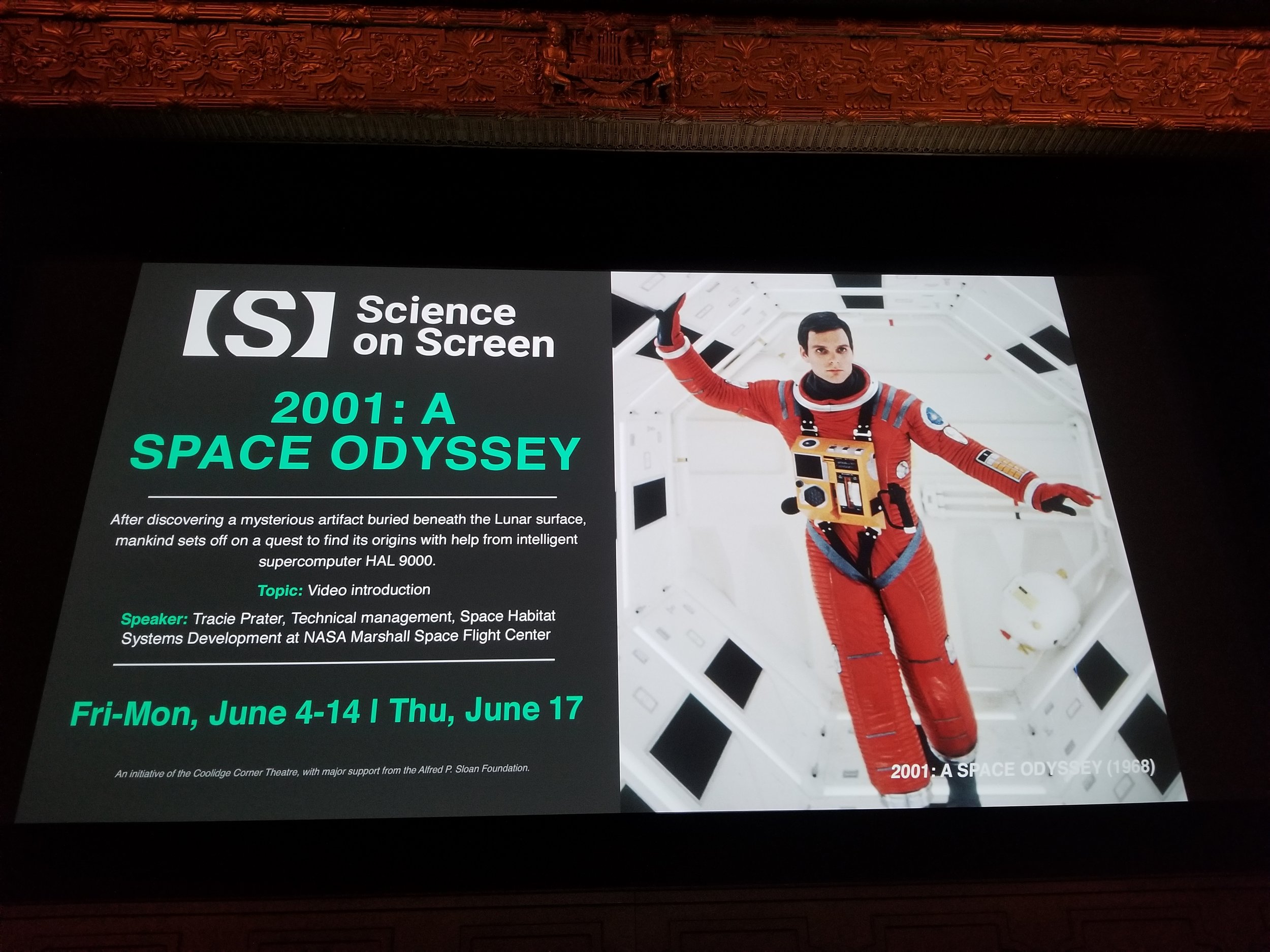Belcourt Appreciation & Pandemic Media Memories
For the Thanksgiving break last week I visited my family in Nashville. My parents have only been in Tennessee for a few years, so there’s not much personal history connecting me to the place, but after having lived there through the first 18 months of the pandemic returning this time felt like a true homecoming. That house feels like home to me now in a way it never did before, and revisiting the rooms and spaces where that incredibly surreal and disruptive period of my life played out was poignant. So it was good to be back in the house, and to see my family, and even the ornery dog. I was content to stay in the house for the duration of my visit but we did embark on a few outings including to a local cultural institution that has become a Nashville tradition for us: the Belcourt Theatre.
Movie theaters have always been among my favorite fixtures of urban environments. I lived in the Los Angeles area for more than a decade and the Southland featured a multitude of venues from multiplexes to repertory theaters. I have a great many fond cinema recollections from that time: seeing Donald Sutherland answer audience questions after a screening of Fellini’s Casanova in a small Santa Monica theater; sitting directly behind Christopher Lloyd while watching Back to the Future part III at Grauman’s Chinese Theater in Hollywood; going to the famous Cinerama Dome for a press screening of Harold & Kumar Go To Guantanamo Bay (as a staff member for my college radio station); seeing a 70mm print of 2001: A Space Odyssey at the Laemmle Royal Theater in West L.A. Even attending concerts in former movie palaces like the Orpheum or Wiltern.
After graduating from college I moved to Austin, Texas. I had never actually been to Austin so my sense of the place was entirely informed by mediated impressions. My arrival to the city first felt real to me while driving down the highway from Amarillo when I spotted an illuminated Alamo Drafthouse sign amid the neon nightscape of urban sprawl rushing past my driver side window (I believe this was the Alamo Village location in North Austin). I had been a regular reader of Ain't It Cool News since high school and thereby knew the Alamo through the site’s reports of film festivals and celebrity screenings that Harry Knowles hosted at their venues. This was also years before Alamo expanded outside the Austin area (save for a couple of San Antonio satellite locations that existed at that time), so the theater chain still possessed an aura of exclusivity. My apartment in Austin was just down the street from the South Lamar location, and while I went to movies at various Alamo locations and attended premiere events at the Paramount Theater downtown, my favorite outlet for cinephilic patronage were the many excellent video stores in the city. I had been surprised that Austin had a more robust independent video rental scene than Los Angeles; in L.A. I was only aware of Vidiots, while in Austin I could patronize multiple locations of both Vulcan Video and I Luv Video.
When I lived in Orlando I enjoyed attending the Enzian Theater, which featured excellent programming but wildly uneven seating and service. One of the first places I visited upon moving to Pittsburgh was the Manor Theater in Squirrel Hill, which remains my favorite movie house in the city. Other film venues in the city are hit-and-miss: the Harris theater downtown is a stalwart location for independent/art house films and documentaries, while the Row House Cinema caters to the hipster clientele evoked by its gentrified environs with an on-site bottle shop, but otherwise squanders any cinephile cred or general goodwill with their uncomfortable seating and predilection for projecting DVDs rather than proper film prints.
My parents have been living in Nashville for the past six years or so, so while I have been visiting them in their new home I have also been exploring the city itself. Much of my appreciation for the area is culinary: my lifelong love of fried catfish has been supplemented by an appreciation for hot chicken and fried baloney sandwiches. But one of the greatest early discoveries in my Nashville explorations was the Belcourt movie theater. The venue opened in 1925 as the Hillsboro Theater, and today the historic building houses one of the premiere independent and historic cinemas in the country. It very quickly became expected that a visit or family reunion in Nashville would include a perfunctory visit to catch a movie at the Belcourt. My family does not have much in the way of long standing traditions, but one of the few things that would qualify is our annual viewings of It’s a Wonderful Life (historically these screenings coincided with Thanksgiving but over the years they have migrated to Christmastime). A few years back we discovered that the Belcourt regularly shows the film around the Christmas season and so we decided to merge these two family traditions into a single event. The first time we went to see Wonderful Life at the Belcourt I maintained a wary skepticism that we might be treated to some digital projection, but I was pleasantly surprised (and immediately won over by the theater) when the film was preceded by a notice that this was to be a screening of a 35mm print.
When the pandemic disrupted business-as-usual last Spring it prompted an existential crisis for movie theaters as we know them. The double-whammy of social distancing imperatives and the explosion of streaming video services called the continuing viability of traditional movie exhibition into question. While movie distributors and exhibitors considered how to adapt to the new reality the temporary covid closures became permanent for some businesses. In April I was heartbroken to learn that Vulcan Video was shuttering its doors after 35 years of operation in Austin. The news came with another sad realization that the Elizabeth Street location – my neighborhood store when I lived in South Austin – had previously closed five years earlier. Former employees penned tributes to Vulcan and I recalled the young video clerks I had known in my time, occasionally running into them at the South Congress H.E.B. while they executed a beer run for the other staff working the store on a late Saturday night. Then in September I Luv Video also closed for good. The store had tried operating curbside service during the lockdown measures but found that the experience of perusing a video store did not translate to pick-up ordering in the way that getting food from a restaurant might. Following the closure announcement the company owner sought a new home for the massive video archive.
One of the more positive developments in that early period of pandemic adjustment was the resurgence or reemergence of drive-in theaters. The shift toward social distancing suddenly made drive-in movies a viable business option; existing drive-ins benefited from increased attendance, and new venues opened to take advantage of the new environment. I had relocated to Nashville by this time and so for my birthday that summer we traveled out to the Stardust Drive-In Theatre in Watertown.
That visit to the Stardust came just days before I realized that my stay in Tennessee was going to be more long-term than I had initially anticipated. When I knew that I would be staying indefinitely, one of the first things I did as a newly-minted Nashvillian was purchase a Belcourt membership. In those early days of the pandemic the Belcourt adapted by first offering programming tie-ins with boutique streaming platforms, as well as offering online panel discussions with film scholars and experts. Later in the summer they began a drive-in film series utilizing an inflatable screen in their parking lot. Their inaugural lineup was a selection of Hitchcock films, and I made it out for showings of North by Northwest and Vertigo. A later lineup was organized around music on film and I returned for a screening of Stop Making Sense.
Those were fun, memorable times and I was glad both to have a welcome distraction amidst the chaotic uncertainty that distinguished those days as well as to be supporting a vital cultural institution. By the time Christmas rolled around that year the Belcourt had resumed theater screenings but my family did not venture out for It’s A Wonderful Life that season.
As I was preparing to leave Nashville to return to Pittsburgh this summer the Belcourt announced that they were going to be screening 2001: A Space Odyssey. 2001 is one of my favorite films and also personally significant, so I try to take advantage of any opportunity to see it on the big screen. It is also a film that seems to manifest in my life at times of transition or realization. For instance, last Fall I had settled into my isolated pandemic existence by immersing myself in esoteric academic study. The intellectual threads I was tracing lead me to consideration of Kubrick’s use of symbolism and imagery in 2001. While in the midst of these theoretical investigations I happened to switch on Turner Classic Movies on a whim one evening only to see the channel host introducing that night’s showing of 2001. Naturally I watched the film in its entirety. The very next day a series of articles triggered my news alert for “Kubrick”: a strange monolith had been discovered in Utah. Over the following months there were similar monolith sightings all over the world.
So it seemed appropriate that 2001 would appear at the Belcourt at this most recent point of transition in my life, just as I was preparing to leave Nashville, as if to commemorate the end of my pandemic exile and the personal transformation that the period entailed.
I was glad to be back at the Belcourt this Thanksgiving. In conjunction with the general spirit of revisiting and recollection that characterized this recent trip it offered an opportunity to reflect on all that has happened in the last year, as well as a reminder of the myriad things – large and small – that I am thankful for.






